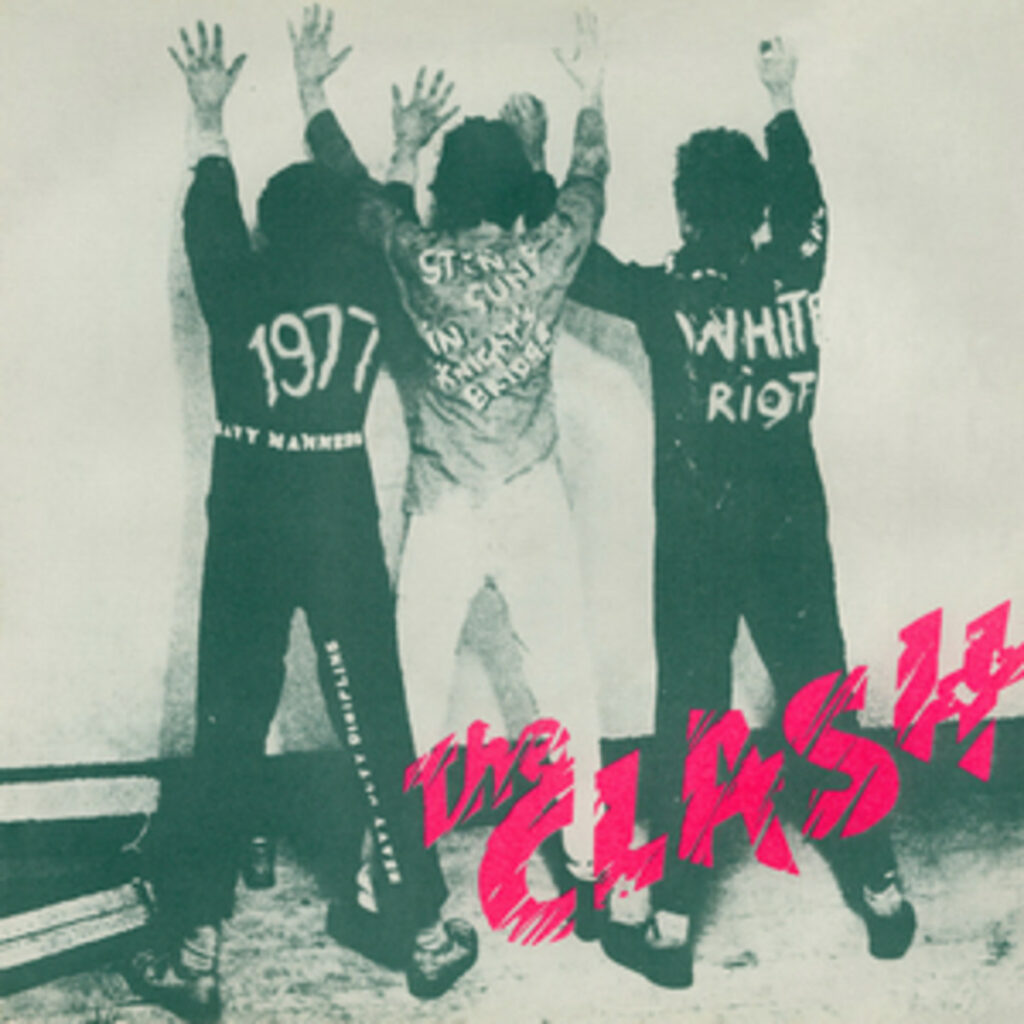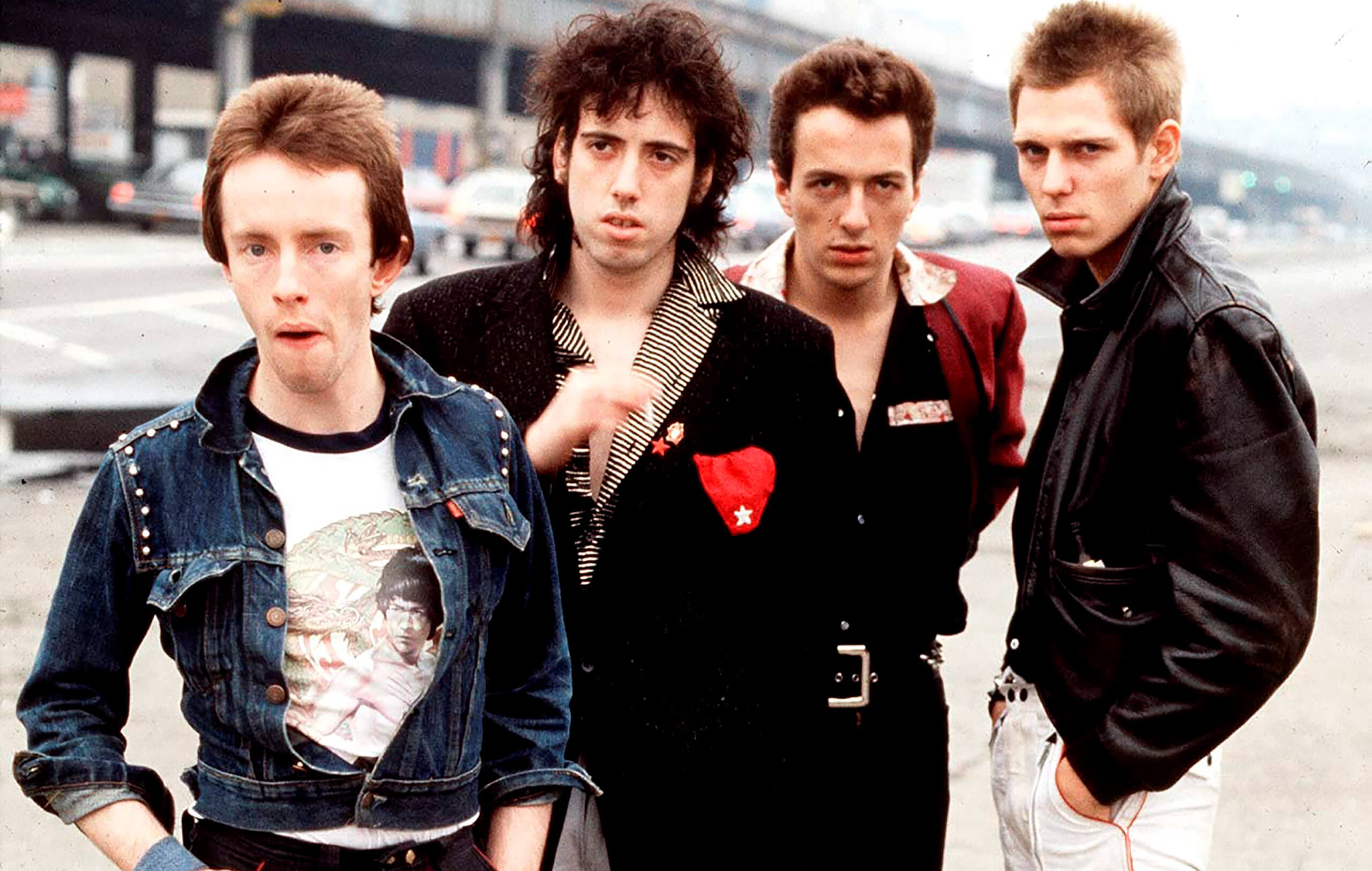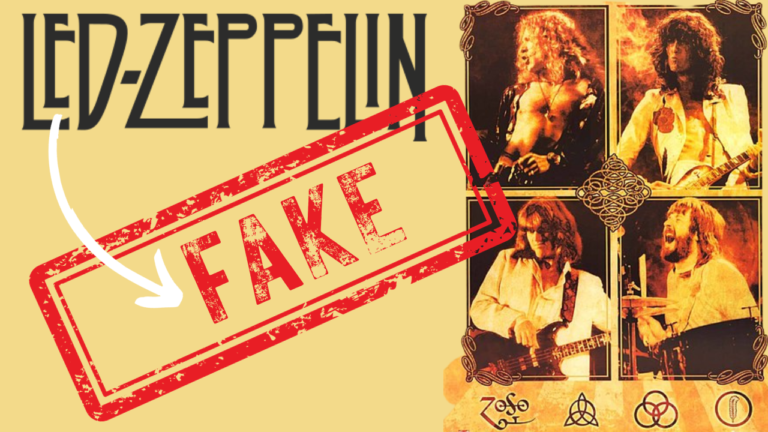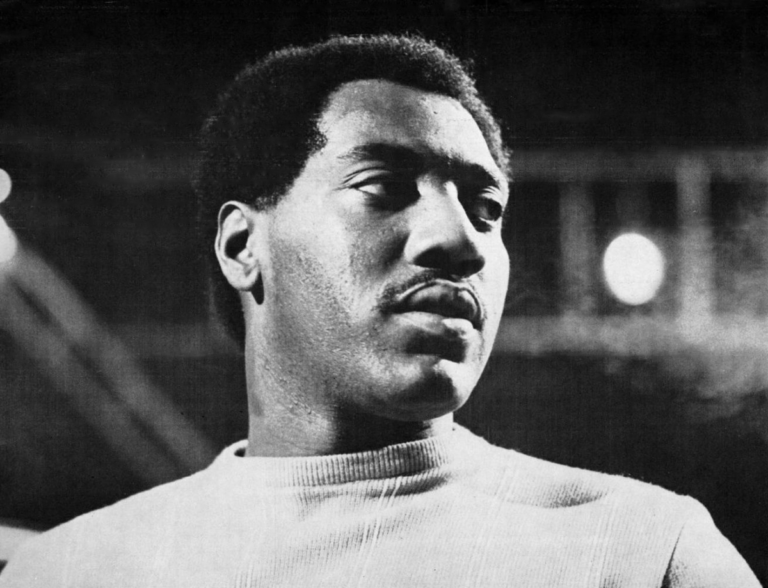How The Clash Took Punk By Surprise with “White Riot”

The Clash’s “White Riot” is one of the most iconic and influential punk songs ever recorded. Released in 1977, the song was a response to the racial tensions and riots that were happening in the UK at the time, and it quickly became an anthem for a generation of young people who were disillusioned with the status quo.
The song’s raw energy and confrontational lyrics made it a lightning rod for controversy, but it also made it a rallying cry for those who felt disenfranchised and marginalized. With its pounding drums, blistering guitar riffs, and urgent vocals, “White Riot” captured the anger and frustration of a generation and gave them a voice.
We could not talk about “White Riot” without a mention of legendary BBC radio host John Peel, who played a pivotal role in the band’s rise to fame. Peel was an early champion of The Clash, and his support helped them gain a wider audience and eventually secure a recording contract.
“White Riot” also helped solidify The Clash’s reputation as one of the most important bands of the era. The song was a critical and commercial success, and it helped pave the way for the band’s later releases, including their seminal album “London Calling.”
But “White Riot” is more than just a punk rock anthem – it’s a statement of purpose. The song’s message of resistance and rebellion has resonated with generations of fans, and its call to action remains as urgent today as it did over four decades ago.
In short, The Clash’s “White Riot” is a punk rock classic that captures the spirit of a generation. Its message of resistance and rebellion continues to inspire and empower, and its place in the pantheon of rock and roll is secure.
Want to learn more about this Punk classic? Check out our latest video:
Find other stories about music’s greatest icons at blog.realbrave.com!






